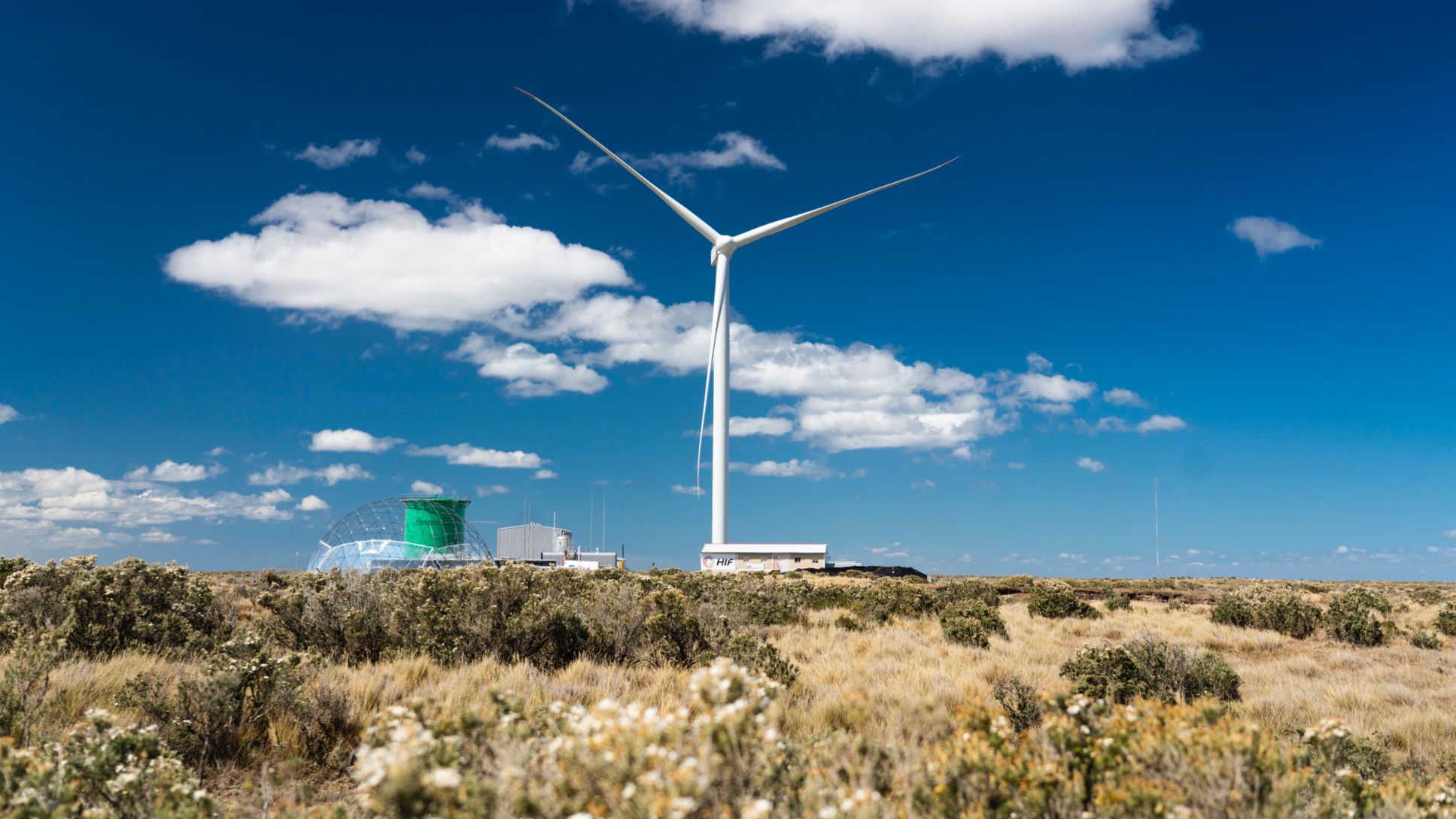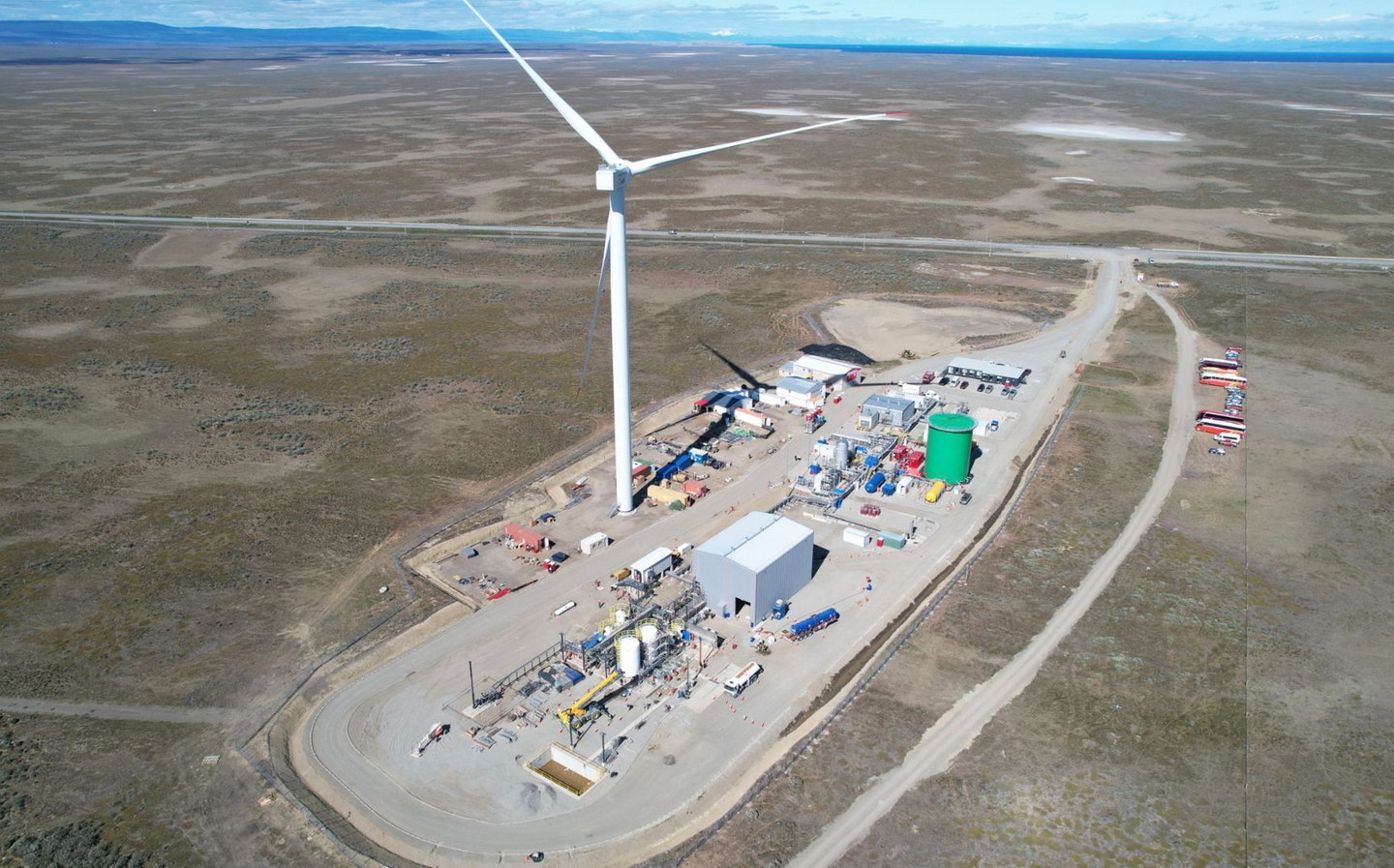Battery-electric vehicles (BEVs) are currently considered the future of the automotive industry. However, recent developments suggest that automakers are not solely relying on BEVs. While major investments are being made in electric vehicles, companies are exploring alternative technologies to meet future energy needs.
Porsche has invested in synthetic fuels, recently starting production at its plant in Chile. This new milestone marks the first successful creation of eFuel, which was used to fill a Porsche 911. The company views this as a promising step for alternative fuel solutions.
Wind Power Driving Synthetic Fuel Production in Chile
The eFuel produced at Porsche’s plant is created from water and carbon dioxide using wind energy. Located in southern Chile, the plant benefits from strong, consistent winds, providing a reliable energy source. Its proximity to the Strait of Magellan makes global distribution of the fuel more feasible.

Also Read: Porsche Reveals 2025 Taycan with Longer Range Powerful Motors and Refined Design
In the initial phase, the plant will produce 130,000 liters of eFuel annually. While modest compared to global fuel consumption, plans are in place to ramp up production. By the middle of the decade, Porsche aims to reach 55 million liters, and 550 million liters by 2030.
Synthetic Fuels as Part of Porsche’s Carbon Neutrality Goal
Porsche’s long-term aim is to achieve carbon neutrality by 2030, and synthetic fuels will play a key role. These fuels could offer a nearly carbon-neutral alternative to the 1.3 billion cars with internal combustion engines still in use worldwide, allowing them to remain operational for years to come.
While Porsche’s eFuel initiative is a promising step, it is not the only alternative being explored. Hydrogen-powered vehicles are also being developed, and BEVs remain a strong contender. The future may involve a combination of these technologies to create sustainable and efficient transportation options.
Also Read: 6 Stunning Vintage Porsche Models That Stole the Spotlight at the 2024 Monterey Auctions

